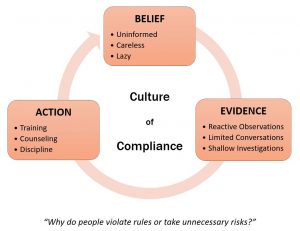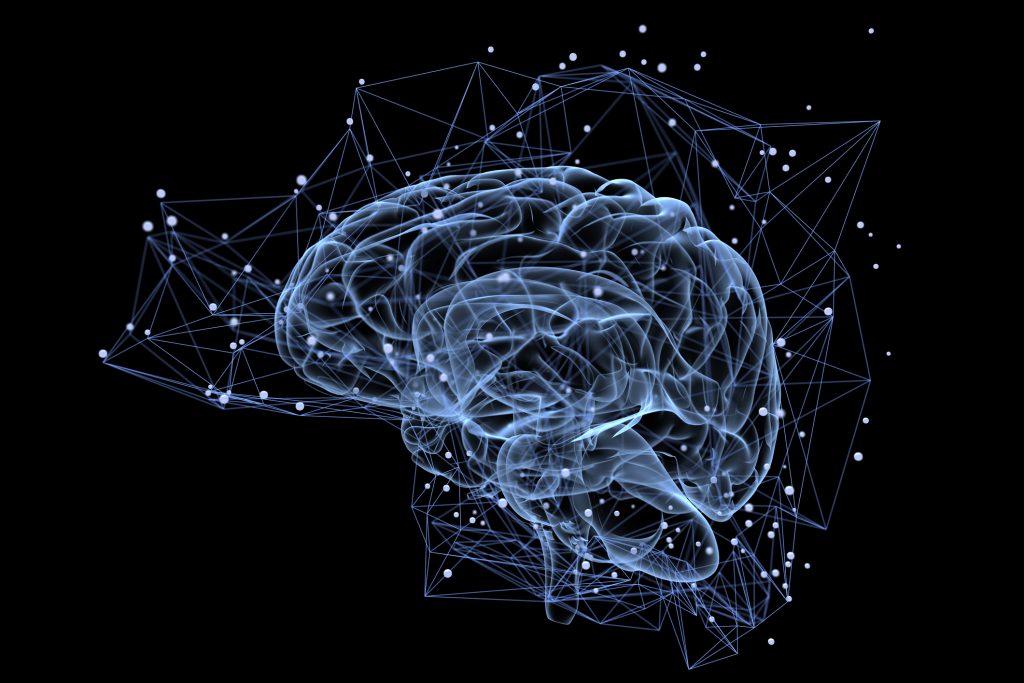Humans are complicated. While some of our base emotions and behaviors are easy to understand, there are times when we appear to make irrational decisions when faced with personal change. For example, behavioral economists have identified a specific instance when we apparently place a very different value on something depending upon whether we own it or not. Consider the following scenario.
Imagine a team performed an analysis on the layout of a work area. The team concluded that a significant amount of waste of motion and waste of transportation would be removed if the work stations in the cell are re-arranged. With a proposed new floor layout, each of the operators would walk shorter distances as they moved among the stations. It would make it easier for them to accomplish their work each day. The location of the new work stations would be comparable in every way to the existing workstations – tools, space, lighting, climate, proximity to the work. This sounds like a positive outcome for everyone!
However, when the proposed plan is shared with the crew, it is met with surprising resistance by some of the operators. This would seem to be an illogical decision. These operators would rather walk further (and therefore work harder) than accept these minor personal changes to their work flow! How can this be?







